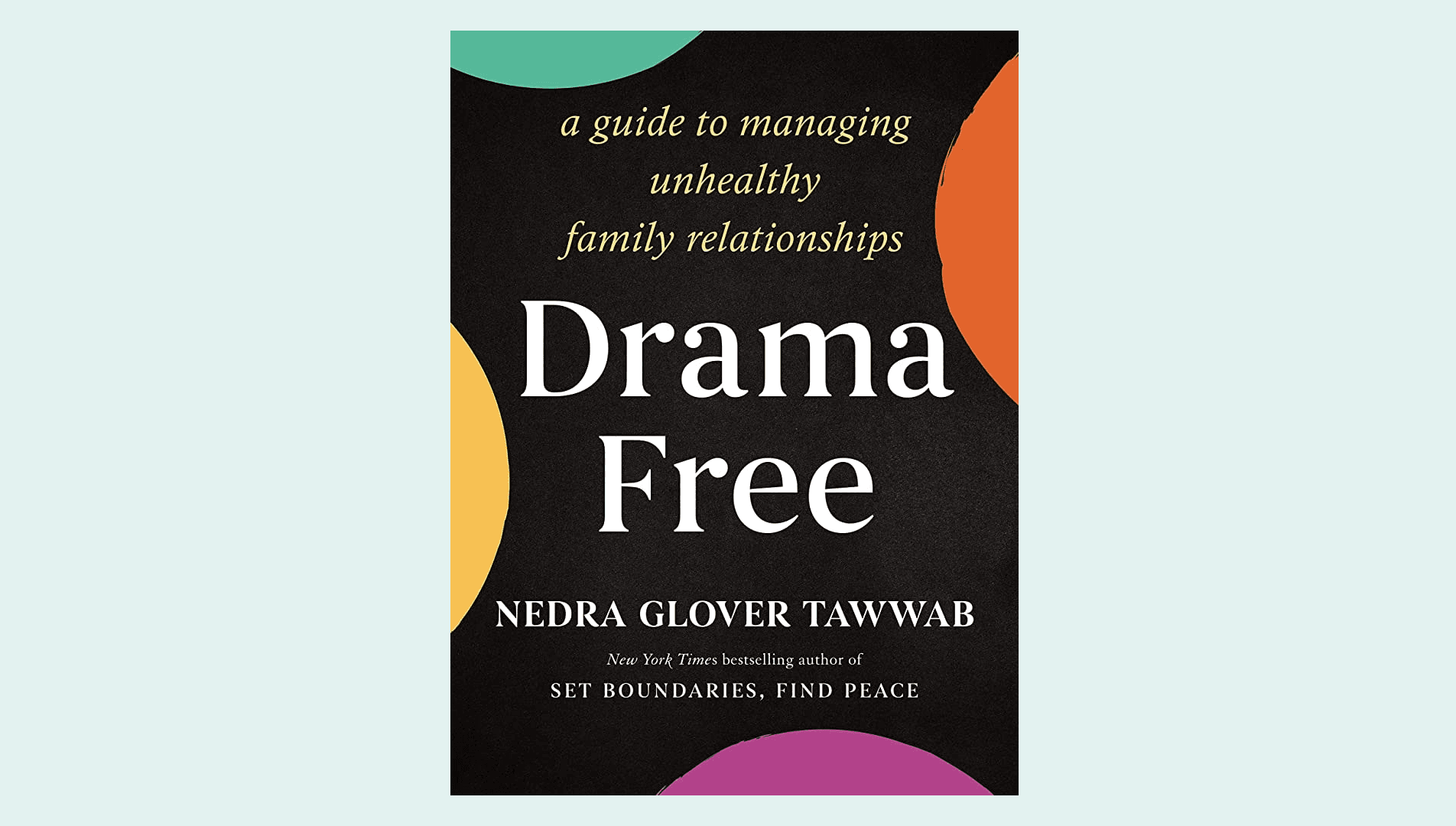Ever felt like your intuitions were dismissed, symptoms ignored, or your body was misunderstood at the doctor’s office? There are reasons for that. On International Women’s Day, we want to highlight those reasons and discuss how women are taking matters — and their health — into their own hands.
What does the data say?
Not a lot. The female body is under-researched and underfunded. It wasn’t until 1993 that NIH-funded clinical trials were required by law to include female participants, meaning thousands of drugs on the market haven’t been adequately tested on women. And lab testing has traditionally relied on male animals and cells based on a theory that female hormones would complicate data (a new study found otherwise). The male body has long been seen as the standard, apparently with the assumption that women are just “small men.”
The reality is women and men are different on a cellular level (each cell in our bodies has a sex). For example: most medications come with the same dosage guidelines for men and women, even though women’s bodies metabolize them differently. One study suggests this is why women are more likely to be over-prescribed drugs and experience harmful side effects. Other studies have found that women are also more likely to die of heart attacks, have their pain dismissed by doctors, and wait longer for a diagnosis.
Have we made any progress?
Some. In 2020, the healthcare industry spent just 4% of its research and development budget on women’s health projects. But women have made up more than half of participants in clinical trials for new FDA-approved drugs in the past few years, and the NIH has set goals for continuing to increase female representation in research (which, by the way, is something trans people need, too). Over in Silicon Valley, mostly female entrepreneurs are entering the world of femtech in hopes of improving women’s health outcomes.
There’s still a long road ahead. Particularly for women of color and pregnant people, according to Katie Schubert, the president and CEO of the Society for Women’s Health Research. Just look at the early COVID-19 vaccine trials. “It was mostly white men and women included in those,” said Schubert. There were zero pregnant or lactating women and relatively few people of color. Yet, from the beginning, COVID’s impact on these groups was particularly high.
What can I do?
Schubert’s number one piece of advice: “Self-advocacy.” When something feels off, speak up for yourself. Come prepared to appointments, ask questions, take notes, and always consider getting a second opinion. One thing to take advantage of is the wisdom of other women in your family, according to Schubert, who said that sharing experiences across generations can help destigmatize women’s health issues and give younger members important context for their future.
theSkimm
A history of ignoring women's bodies in medicine has led to gaps in health care that continue to affect women today. But just because the medical system wasn’t built for women doesn’t mean it needs to stay that way.
And Also...This
Who California’s cutting off…
Walgreens. On Monday, Gov. Gavin Newsom said the Golden State “won’t be doing business” with the pharmacy chain or any company that “cowers to extremists and puts women’s lives at risk.” Walgreens announced last week that it wouldn’t distribute the "abortion pill" mifepristone in 21 states — where Republican state attorneys general threatened legal action. Meanwhile, five women are suing Texas to clarify the state’s abortion ban after they were denied the procedure, claiming it put their lives and fetuses at risk. The state’s current ban makes most abortions a felony, except if the mother’s life is in danger.
While the collagen industry is booming…
Brazil’s rainforests are dying. An investigation into farms raising thousands of cattle and damaging rainforests alleges they’re being used to produce collagen for international supply chains — including Nestlé's Vital Proteins brand. The company said it's looking into the allegations and taking steps to ensure its products are deforestation-free.
What AI is working on now…
What might not make you weak in the knees…
Which muscle group probably needs more TLC…
Well Read

“Drama Free: A Guide to Managing Unhealthy Family Relationships” by Nedra Glover Tawwab
Therapist Nedra Glover Tawwab’s second book is for anyone who needs to hear that “being assertive is not rude” and that “you have everything within yourself to make hard and healthy decisions.” She has your back with actionable steps to help understand and manage (or end) unhealthy family relationships. The popular Instagram therapist’s signature compassionate and clear advice pairs well with a soothing cup of tea and a pen and paper. Because working through dysfunction requires real work.
Subscribe to Skimm Well
Sign up here to receive our wellness newsletter (currently in beta), filled with actionable advice, expert-vetted content, product recs, and more — delivered directly to your inbox.
